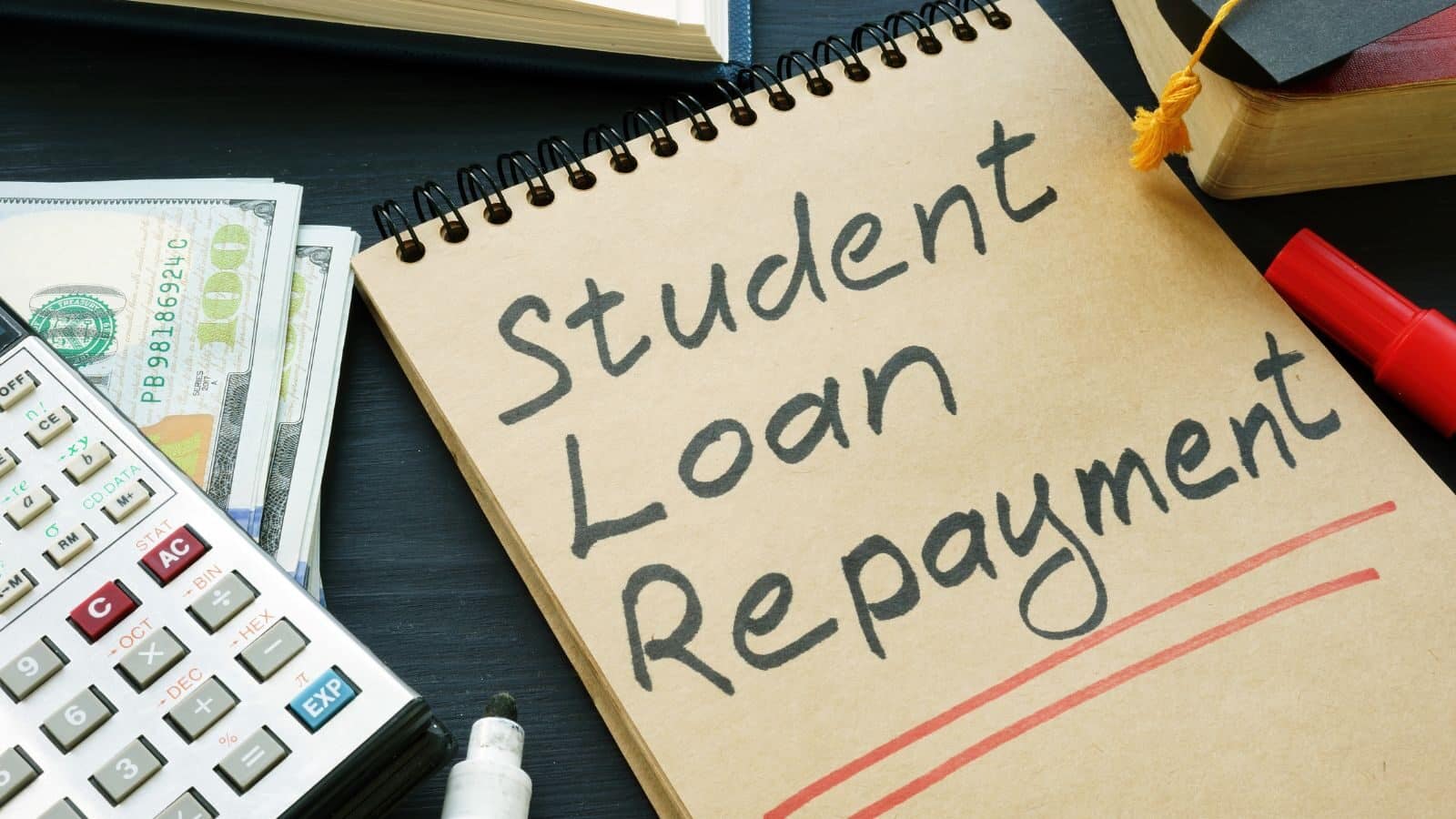Can Student Loans Be Discharged in Bankruptcy? What Borrowers Need to Know
by Scott | Jun 10, 2025 | Debt Settlement
Student loan debt is one of the most persistent financial burdens in the United States. For many borrowers, it feels like a weight that never lifts. If you’re struggling with overwhelming student debt, you might wonder: can student loans be discharged in bankruptcy? While the answer is technically yes, the process is complex and limited. In this blog, we’ll explain how student loans interact with bankruptcy, what the legal standards are, recent policy changes, and what it all means for borrowers in North Carolina and beyond.
Understanding Bankruptcy and Student Loans When individuals file for bankruptcy, they generally seek relief from debts like credit cards, medical bills, and personal loans. These are known as dischargeable debts. Student loans, however, are treated differently. They are considered non-dischargeable by default, meaning you must meet a higher legal threshold to have them forgiven through bankruptcy.
What Is the Undue Hardship Standard? To discharge student loans in bankruptcy, borrowers must prove that repaying the loans would impose an “undue hardship.” This is done through a separate lawsuit within the bankruptcy case, called an adversary proceeding.
The most widely used legal framework for determining undue hardship is the Brunner Test, which requires proving:
- Poverty: You cannot maintain a minimal standard of living if required to repay the loans.
- Persistence: Your financial situation is unlikely to improve over a significant portion of the repayment period.
- Good Faith: You’ve made honest efforts to repay the loans before filing.
Meeting all three prongs is difficult, and courts vary in how strictly they apply them.
Recent Policy Changes and Trends While student loan discharge has historically been rare, that is beginning to change. In 2022, the U.S. Department of Justice (DOJ) and the Department of Education issued new guidance aimed at making the process more borrower-friendly. Under the new approach:
- Borrowers can submit an attestation form outlining their financial status.
- The DOJ may support discharge if the borrower meets the undue hardship criteria.
- Courts are being encouraged to simplify and standardize the review process.
These updates apply primarily to federal student loans, and they signal a shift toward greater leniency.
What About Private Student Loans? Private student loans are not covered by federal guidelines and can be even more difficult to discharge. However, some private loans may not be “qualified education loans” under bankruptcy law and could be dischargeable like other consumer debts. This includes:
- Loans not used for tuition or eligible education expenses.
- Loans made to attend unaccredited schools.
- Loans exceeding the cost of attendance.
Borrowers facing private student loan hardship should consult an attorney to assess whether these loans qualify for discharge.
Benefits of Bankruptcy Even Without Student Loan Discharge Even if student loans cannot be discharged, bankruptcy can still provide significant financial relief. Discharging other unsecured debts frees up income to manage student loans more effectively. Additionally, the automatic stay that comes with filing can temporarily stop wage garnishments and collection activity on student loans.
Student Loans and Bankruptcy in North Carolina In North Carolina, bankruptcy courts follow federal law and typically use the Brunner Test to evaluate undue hardship claims. Local judges vary in how they interpret and apply the test, so having a knowledgeable bankruptcy attorney is essential. Courts in the Eastern, Middle, and Western Districts may handle these cases slightly differently, especially under evolving DOJ guidelines.
Conclusion: What Should Borrowers Do? If you’re burdened by student loans and considering bankruptcy, it’s crucial to understand your options. While discharging student loans through bankruptcy is challenging, it’s not impossible—especially under the new DOJ guidelines. At the very least, bankruptcy can provide relief from other debts and give you breathing room to manage student loans.
Before taking any steps, speak with an experienced bankruptcy attorney in your area. They can help you determine whether an adversary proceeding is worth pursuing and guide you through every part of the process. For borrowers in North Carolina, understanding both federal and local court expectations is key to a successful outcome.
Need help navigating student loan debt and bankruptcy in NC? Contact our Greenville office today for a free consultation.

